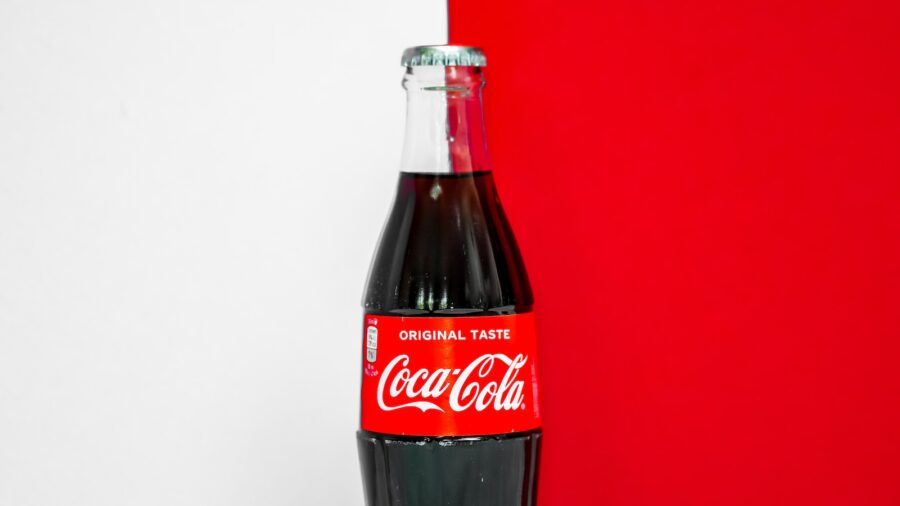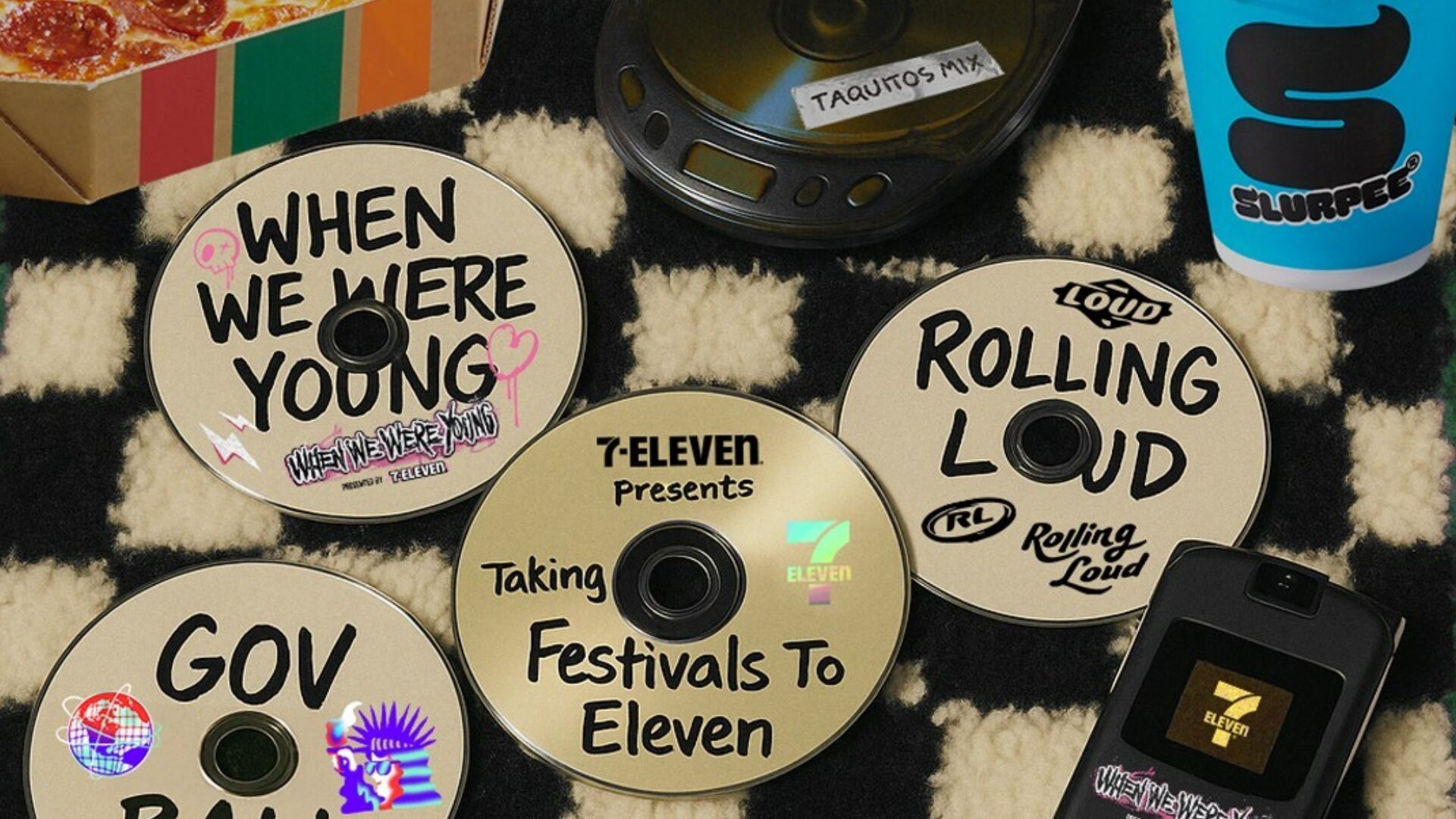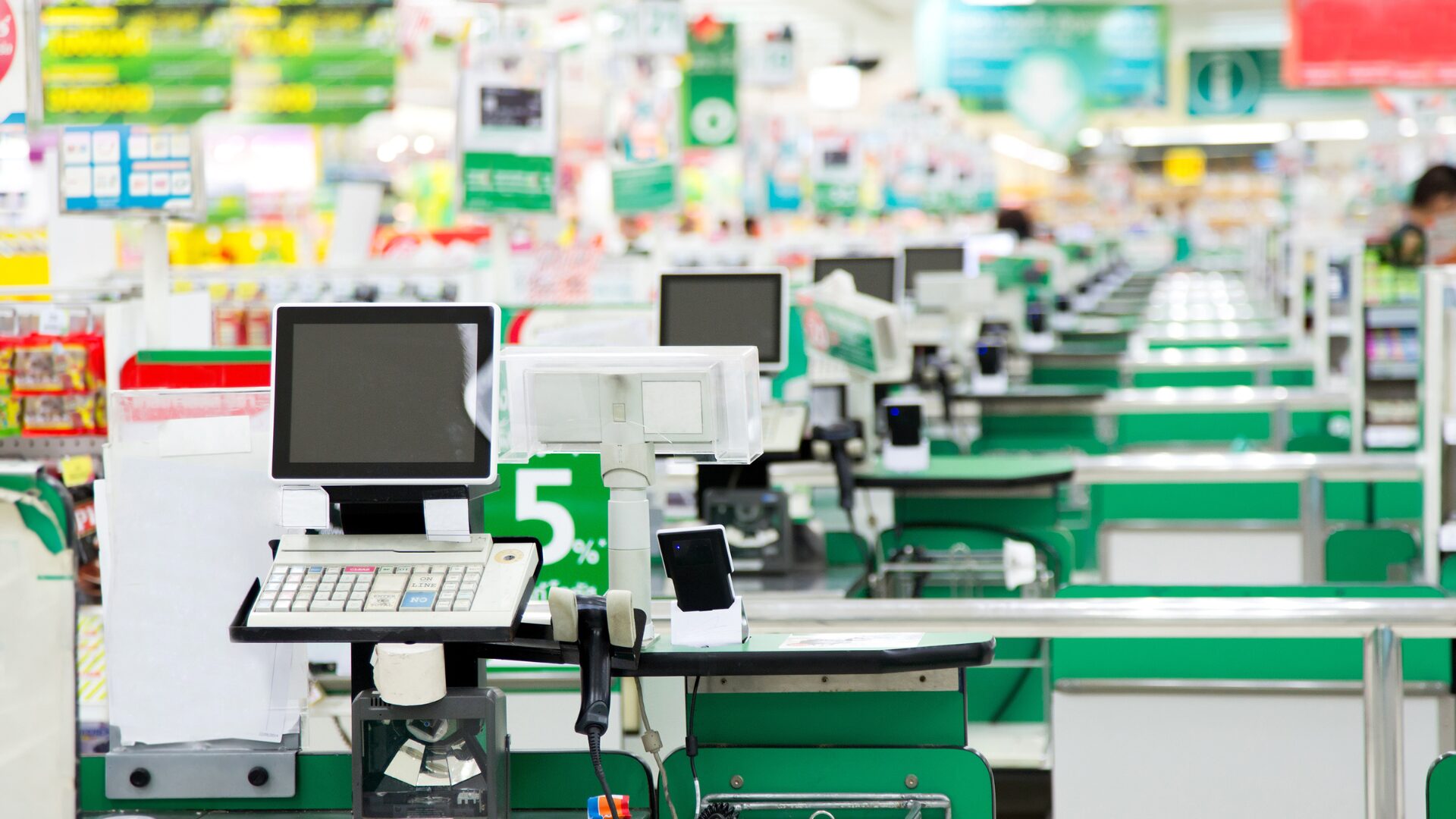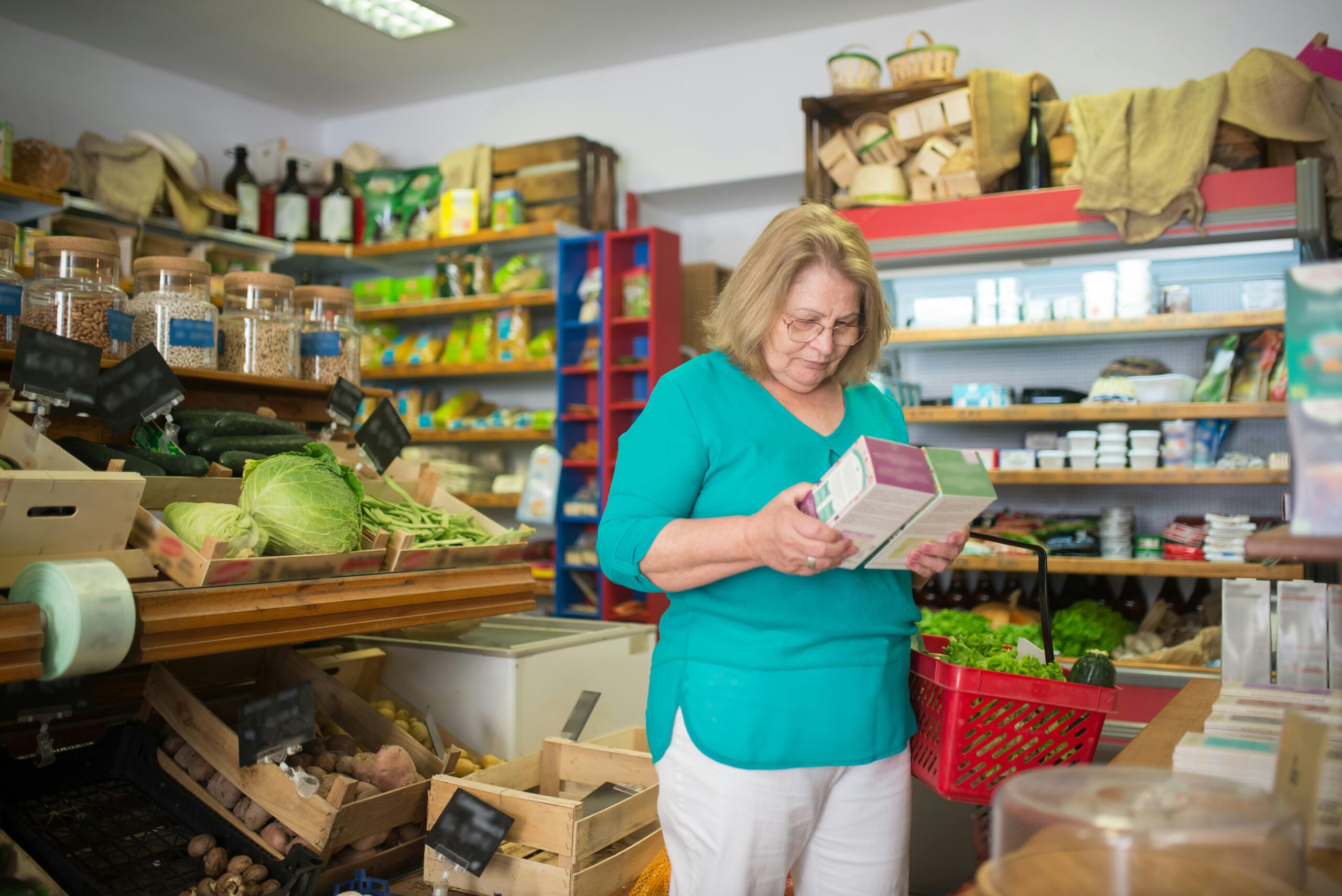When was the last time you heard “controversy” and “Coca-Cola” in the same sentence? Not in recent months.
The venerable company has made a concerted effort to avoid culture wars and political stances while also choosing events and digital opportunities to advertise, as opposed to traditional television spots.
Over the past three years, the company has updated its marketing to focus on the growth of a global consumer base, as reported by The Wall Street Journal. Reilly Newman, brand strategist at Motif Brands, shared his insight with The Food Institute on why Coca-Cola’s recent approach has been a success.
Choosing Your Battles Wisely
Coca-Cola has been extremely selective when it comes to taking any social stance. The 137-year-old company aims to target all consumers while simultaneously avoiding any endorsement or criticism of any particular group.
The company aims to sell beverages, nothing more and nothing less.
“Coca-Cola’s approach is smart because their brand has always been about community. They consistently promote ‘share a Coke’ or depict social gatherings enjoying a Coke together,” Newman said.
A great example of this was the Coke bottles with individual’s names on the labels.
“Coca-Cola has always been a brand about accessibility and inclusivity. If the brand were to take a political stance on a hot topic, this would be counter to their brand because they would instantly alienate a group of potential Coke consumers,” Newman explained.
Coca-Cola has been wise about its application of nostalgia, according to experts.
Coca-Cola stresses “the nostalgic undertone of an enchanting America who lived in harmony with a shared dream,” Newman said. “They have bottled the feeling of walking down Disneyland’s Main Street – a time when your neighborhood was neighborly and politics weren’t political.”
Turning Away from TV
Many companies spend much of their marketing budget on TV. Coca-Cola takes a unique approach that has paid off.
According to the WSJ article, Coca-Cola was one of the first companies to integrate AI into its marketing campaigns and it also invests heavily in events. Newman feels that’s a sensible approach, especially in this era.
“Traditional advertising mediums, like TV, are more talking at the audience while (good) social and events are talking with the audience,” Newman noted. “The difference here is the level of participation by the brand, especially on the listening front.
“By being engaged with the audience, the brand not only builds credit but learns what the audience would like to experience next.”
Lessons to be Learned
Newman says it would be wise for other F&B companies to take note of Coca-Cola’s strategies.
“Beyond the tactical effort, approaching from a strategy perspective makes sense because eating and drinking are social activities and provide a great way for a brand to engage with their audience to build awareness and trust,” Newman says.
“It takes a corporation beyond just the transaction into the relationship they have with the customer.”












